Q-Tine Tablet 10's
MRP ₹533.5
(Inclusive of all Taxes)
₹80.0 Cashback (15%)
About Q-Tine Tablet
Q-Tine Tablet belongs to the class of 'nutritional supplements,' used to treat nutritional deficiencies and various health conditions, such as heart health, brain function, muscle movement, and different body processes. Q-Tine Tablet may also be used to treat coenzyme Q10 deficiency and carnitine deficiency.
Q-Tine Tablet contains Coenzyme Q10/Ubidecarenone and Levocarnitine/L-Carnitine. Coenzyme Q10 has antioxidant properties; it helps in improving blood pressure and vascular function and has energy-promoting activity. L-Carnitine helps in providing essential nutrients. Together, Q-Tine Tablet helps treat nutritional deficiencies.
Take Q-Tine Tablet as recommended. In some cases, you may experience certain common side effects such as loss of appetite, stomach upset, tiredness, heartburn, nausea, and vomiting. Most of these side effects do not require medical attention and will resolve gradually over time. However, you are advised to talk to your doctor if you experience these side effects persistently.
Let your doctor know if you are taking other medicines, or herbal products before starting Q-Tine Tablet . If you are known to be allergic to any of the components in Q-Tine Tablet , please inform your doctor. Consult your doctor before taking Q-Tine Tablet if you are pregnant or breastfeeding.
Country of origin
Manufacturer/Marketer address
Online payment accepted

secured payment

india's most trusted pharmacy

genuine products
Composition :
Manufacturer/Marketer :
Consume Type :
Expires on or after :
Return Policy :
Provide Delivery Location
About Q-Tine Tablet
Q-Tine Tablet belongs to the class of 'nutritional supplements,' used to treat nutritional deficiencies and various health conditions, such as heart health, brain function, muscle movement, and different body processes. Q-Tine Tablet may also be used to treat coenzyme Q10 deficiency and carnitine deficiency.
Q-Tine Tablet contains Coenzyme Q10/Ubidecarenone and Levocarnitine/L-Carnitine. Coenzyme Q10 has antioxidant properties; it helps in improving blood pressure and vascular function and has energy-promoting activity. L-Carnitine helps in providing essential nutrients. Together, Q-Tine Tablet helps treat nutritional deficiencies.
Take Q-Tine Tablet as recommended. In some cases, you may experience certain common side effects such as loss of appetite, stomach upset, tiredness, heartburn, nausea, and vomiting. Most of these side effects do not require medical attention and will resolve gradually over time. However, you are advised to talk to your doctor if you experience these side effects persistently.
Let your doctor know if you are taking other medicines, or herbal products before starting Q-Tine Tablet . If you are known to be allergic to any of the components in Q-Tine Tablet , please inform your doctor. Consult your doctor before taking Q-Tine Tablet if you are pregnant or breastfeeding.
Uses of Q-Tine Tablet
Key Benefits
Q-Tine Tablet contains Coenzyme Q10 and L-Carnitine. Q-Tine Tablet is a combination of supplements used to treat various health conditions such as heart health, brain function, muscle movement, and various body processes. Q-Tine Tablet may also be used to treat coenzyme Q10 deficiency and carnitine deficiency. Coenzyme Q10 has antioxidant properties; it helps in improving blood pressure, and vascular function and has energy-promoting activity. L-Carnitine helps in providing essential nutrients. Together, Q-Tine Tablet helps treat nutritional deficiencies.
Directions for Use
Storage
Side Effects of Q-Tine Tablet
- Nausea
- Vomiting
- Heartburn
- Stomach pain
- Headache
- Tiredness
Drug Warnings
Let your doctor know if you are taking other medicines or herbal products before starting Q-Tine Tablet . Do not take Q-Tine Tablet if you are allergic to any of its contents. Inform your doctor before taking Q-Tine Tablet if you have diabetes, heart rhythm disorder, pancreatic disorder, underactive thyroid, high/low blood pressure, epilepsy, or kidney/liver problems. Consult a doctor before taking Q-Tine Tablet if you are pregnant or breastfeeding. Limited information is available regarding the usage of Q-Tine Tablet in children, so please consult a doctor.
Drug Interactions
Drug-Drug Interaction: Q-Tine Tablet may interact with anticoagulants (anisindione, dicumarol, warfarin).
Drug-Food Interaction: No interactions found/established.
Drug-Disease Interaction: No interactions found/established.
Drug-Drug Interactions Checker List
- ANISINDIONE
- WARFARIN
- DICUMAROL
Habit Forming
Diet & Lifestyle Advise
- Follow a well-balanced diet.
- Exercising regularly helps in improving overall health.
- Rest well and get plenty of sleep.
- Avoid smoking and alcohol consumption.
- Meditation and yoga can help lower stress.
- Avoid processed and fried food.
Disease/Condition Glossary
Nutritional deficiencies: A nutritional deficiency occurs when the body does not absorb or get enough nutrients from food. Nutrients are necessary for body development and the prevention of diseases. Sometimes your body is unable to absorb many nutrients even if you are consuming them. Nutrient deficiency can lead to many health problems like a weakened immune system, skin problems, digestion problems, defective bone growth, and neurological diseases.
FAQs
Disclaimer
Alcohol
Safe if prescribed
It is unknown if alcohol interacts with Q-Tine Tablet , so please consult a doctor for more information.
Pregnancy
Consult your doctor
Please consult a doctor before taking Q-Tine Tablet if you are pregnant. Your doctor will recommend only if the benefits outweigh the risks.
Breast Feeding
Consult your doctor
Please consult a doctor before taking Q-Tine Tablet if you are breastfeeding. Your doctor will decide if Q-Tine Tablet can be taken by breastfeeding mothers or not.
Driving
Safe if prescribed
Q-Tine Tablet usually does not affect your ability to drive or operate machinery.
Liver
Consult your doctor
Limited data is available regarding the usage of Q-Tine Tablet in patients with liver impairment. Please consult your doctor before taking Q-Tine Tablet if you have a liver impairment or any concerns regarding this.
Kidney
Consult your doctor
Limited data is available regarding the usage of Q-Tine Tablet in patients with kidney impairment. Please consult your doctor before taking Q-Tine Tablet if you have kidney impairment or any concerns regarding this.
Children
Safe if prescribed
Limited data is available regarding the usage of Q-Tine Tablet in children, so please consult a doctor.
Author Details
We provide you with authentic, trustworthy and relevant information
Uses of Q-Tine Tablet
Key Benefits
Q-Tine Tablet contains Coenzyme Q10 and L-Carnitine. Q-Tine Tablet is a combination of supplements used to treat various health conditions such as heart health, brain function, muscle movement, and various body processes. Q-Tine Tablet may also be used to treat coenzyme Q10 deficiency and carnitine deficiency. Coenzyme Q10 has antioxidant properties; it helps in improving blood pressure, and vascular function and has energy-promoting activity. L-Carnitine helps in providing essential nutrients. Together, Q-Tine Tablet helps treat nutritional deficiencies.
- Contact your doctor immediately if you're experiencing a fast heart rate, palpitations, or other heart-related symptoms. This is crucial to determine whether the symptoms are related to your medication.
- Your doctor may need to adjust your medication regimen to alleviate the fast heart rate symptoms. This could involve changing the medication, reducing the dosage, or adding new medications to counteract the side effects.
- Follow your doctor's advice on monitoring your heart rate and blood pressure. This will help track any changes and ensure your heart rate returns normal.
- If you experience severe symptoms such as chest pain, dizziness, or shortness of breath, seek immediate medical attention. These symptoms can indicate a more serious condition that requires prompt treatment.
- Include iron-rich foods like dark leafy vegetables, lean red meat, legumes and fish in your diet.
- Consume vitamin C-rich foods as they aid iron absorption.
- Limit tea, cocoa, and coffee as these can slow iron absorption.
- Exercise regularly; however, do not overdo it.
- Avoid triggers like alcohol, caffeine, and energy drinks.
- Try relaxation techniques such as yoga, meditation, or deep breathing.
- Exercise regularly as it helps maintain heart health.
- Follow a nutritious and balanced diet.
Directions for Use
Storage
Drug Warnings
Let your doctor know if you are taking other medicines or herbal products before starting Q-Tine Tablet . Do not take Q-Tine Tablet if you are allergic to any of its contents. Inform your doctor before taking Q-Tine Tablet if you have diabetes, heart rhythm disorder, pancreatic disorder, underactive thyroid, high/low blood pressure, epilepsy, or kidney/liver problems. Consult a doctor before taking Q-Tine Tablet if you are pregnant or breastfeeding. Limited information is available regarding the usage of Q-Tine Tablet in children, so please consult a doctor.
Therapeutic Class
Drug-Drug Interactions
Drug-Drug Interactions
Login/Sign Up
Drug-Drug Interactions Checker List
- ANISINDIONE
- WARFARIN
- DICUMAROL
Diet & Lifestyle Advise
- Follow a well-balanced diet.
- Exercising regularly helps in improving overall health.
- Rest well and get plenty of sleep.
- Avoid smoking and alcohol consumption.
- Meditation and yoga can help lower stress.
- Avoid processed and fried food.
Habit Forming
Side Effects of Q-Tine Tablet
- Nausea
- Vomiting
- Heartburn
- Stomach pain
- Headache
- Tiredness
Disease/Condition Glossary
Nutritional deficiencies: A nutritional deficiency occurs when the body does not absorb or get enough nutrients from food. Nutrients are necessary for body development and the prevention of diseases. Sometimes your body is unable to absorb many nutrients even if you are consuming them. Nutrient deficiency can lead to many health problems like a weakened immune system, skin problems, digestion problems, defective bone growth, and neurological diseases.
All Substitutes & Brand Comparisons
RX
Out of StockCoenzy-LC Tablet 10's
Drukst Biotech Pvt Ltd
₹350
(₹31.5 per unit)
34% CHEAPERRX
Maxcoen Tablet 10's
Zenska Life Sciences Pvt Ltd
₹576.5
(₹51.89 per unit)
8% COSTLIERRX
Out of StockWave-Q10 Tablet 10's
Dewave Life Sciences Pvt Ltd
₹605
(₹54.45 per unit)
13% COSTLIER

Have a query?

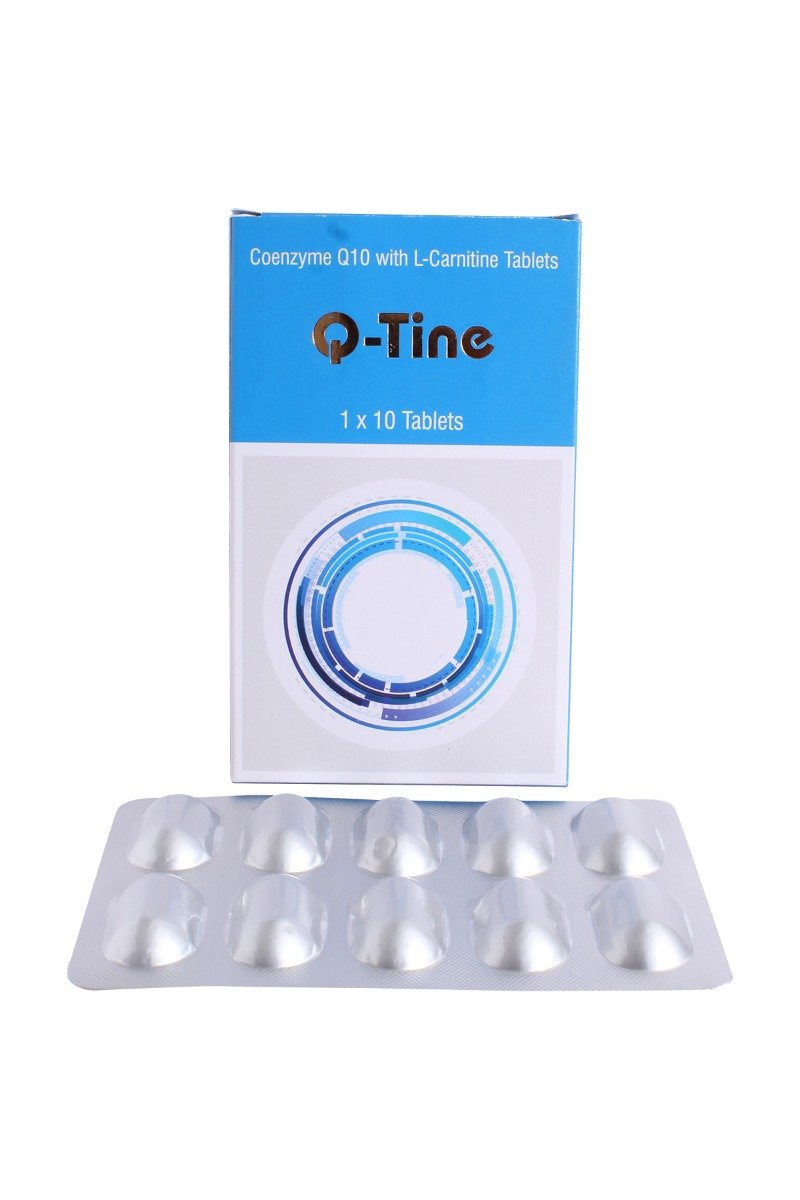
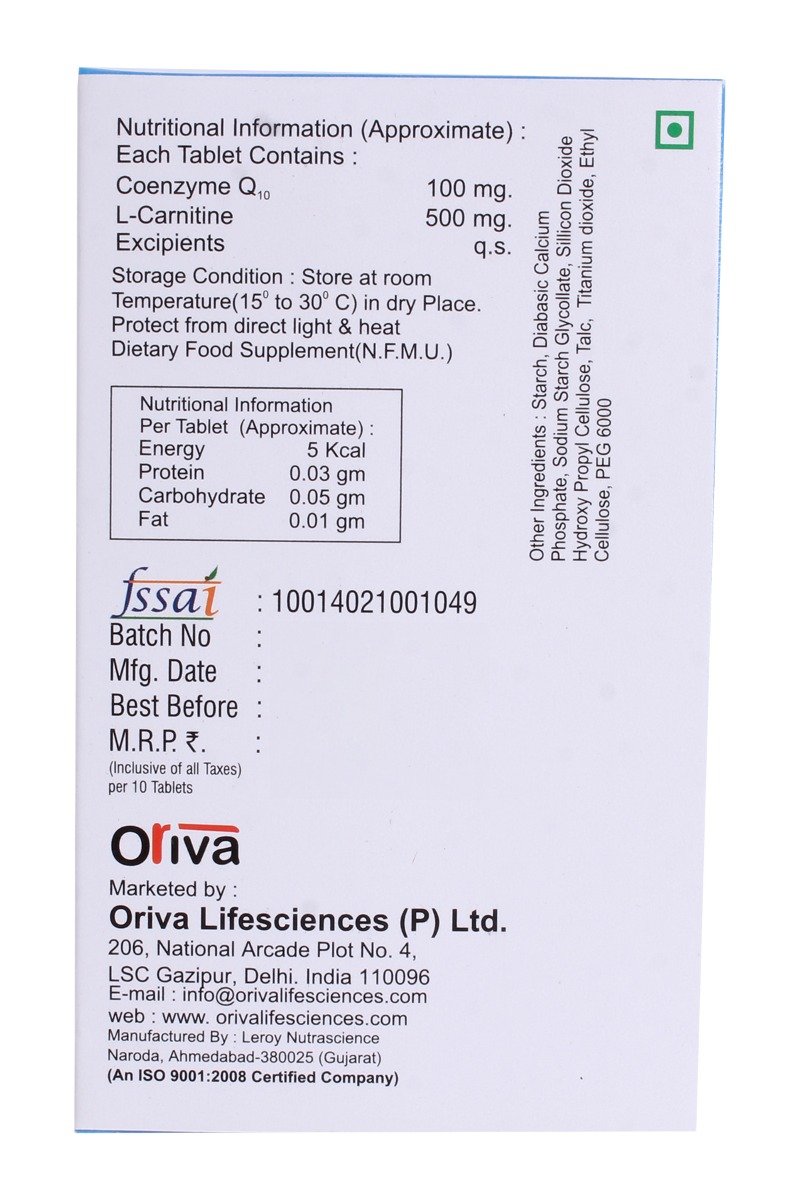
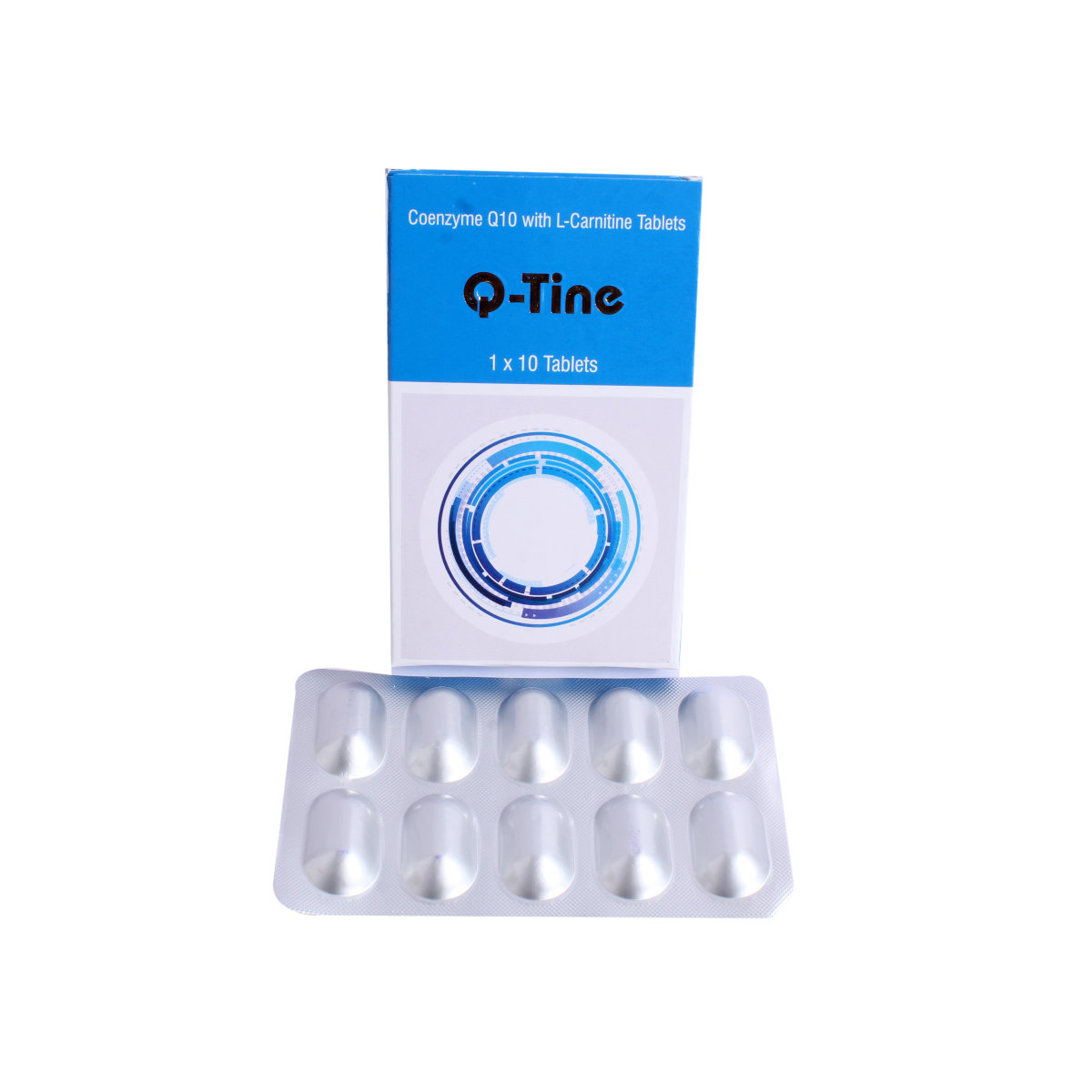
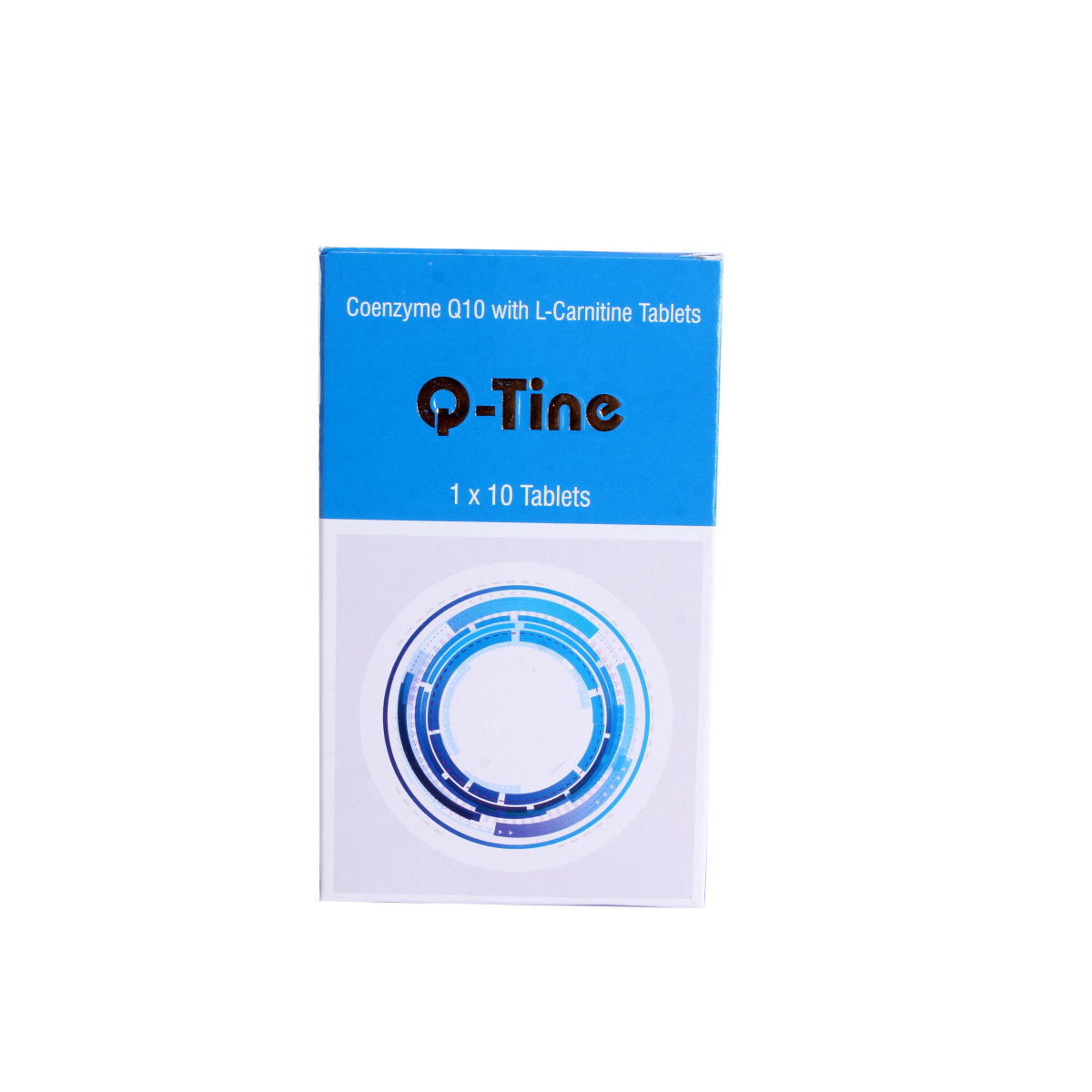
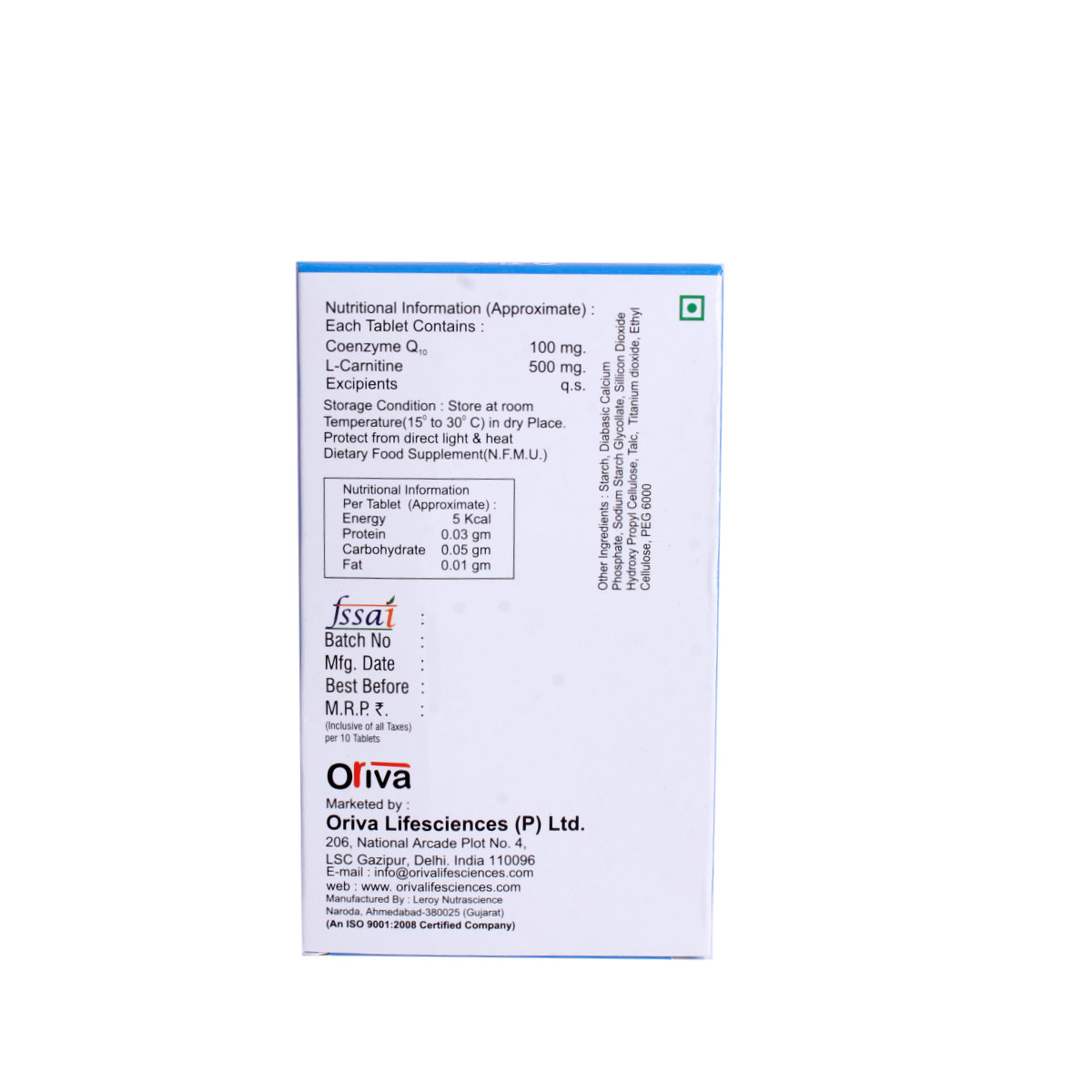













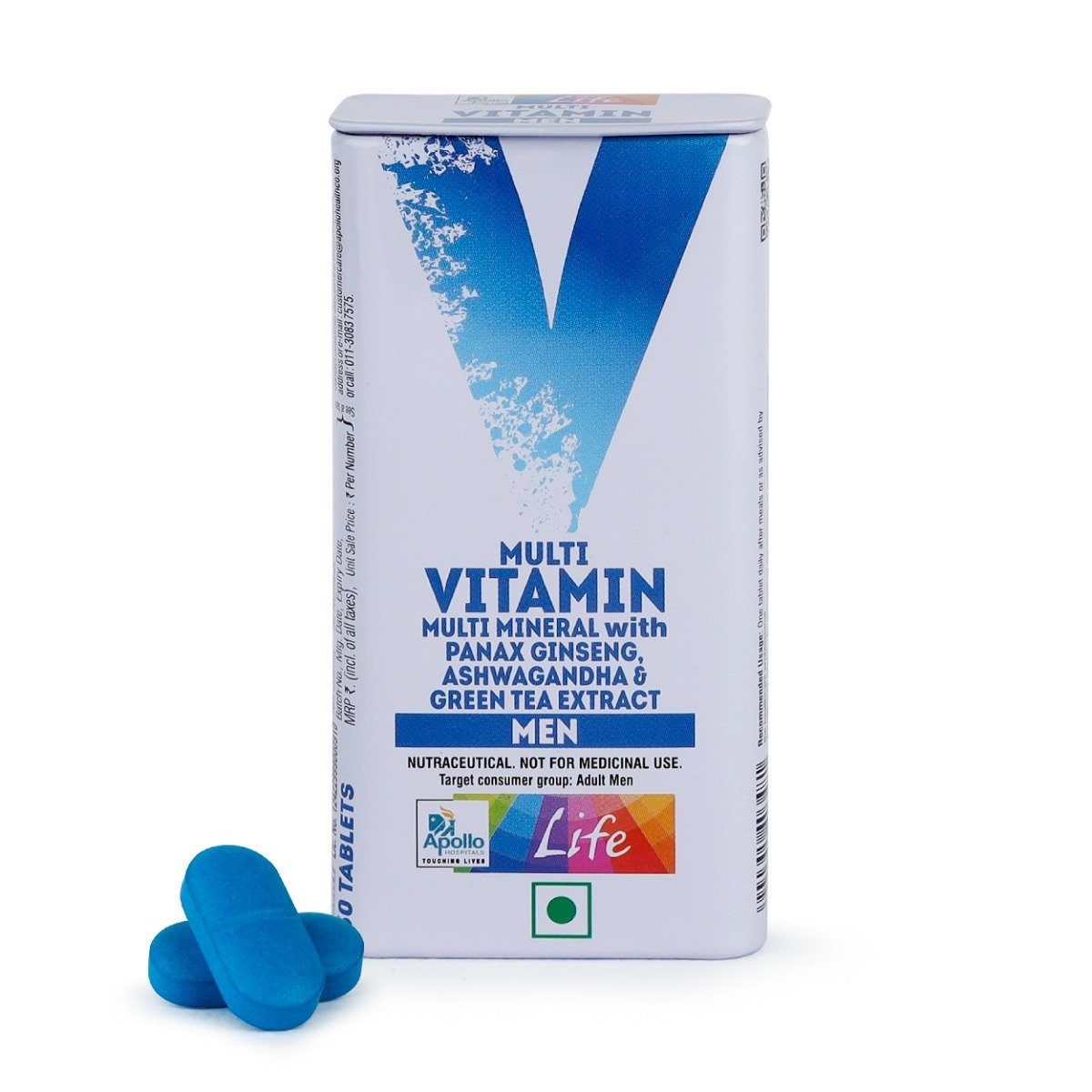




_0.jpg?tr=q-85)


